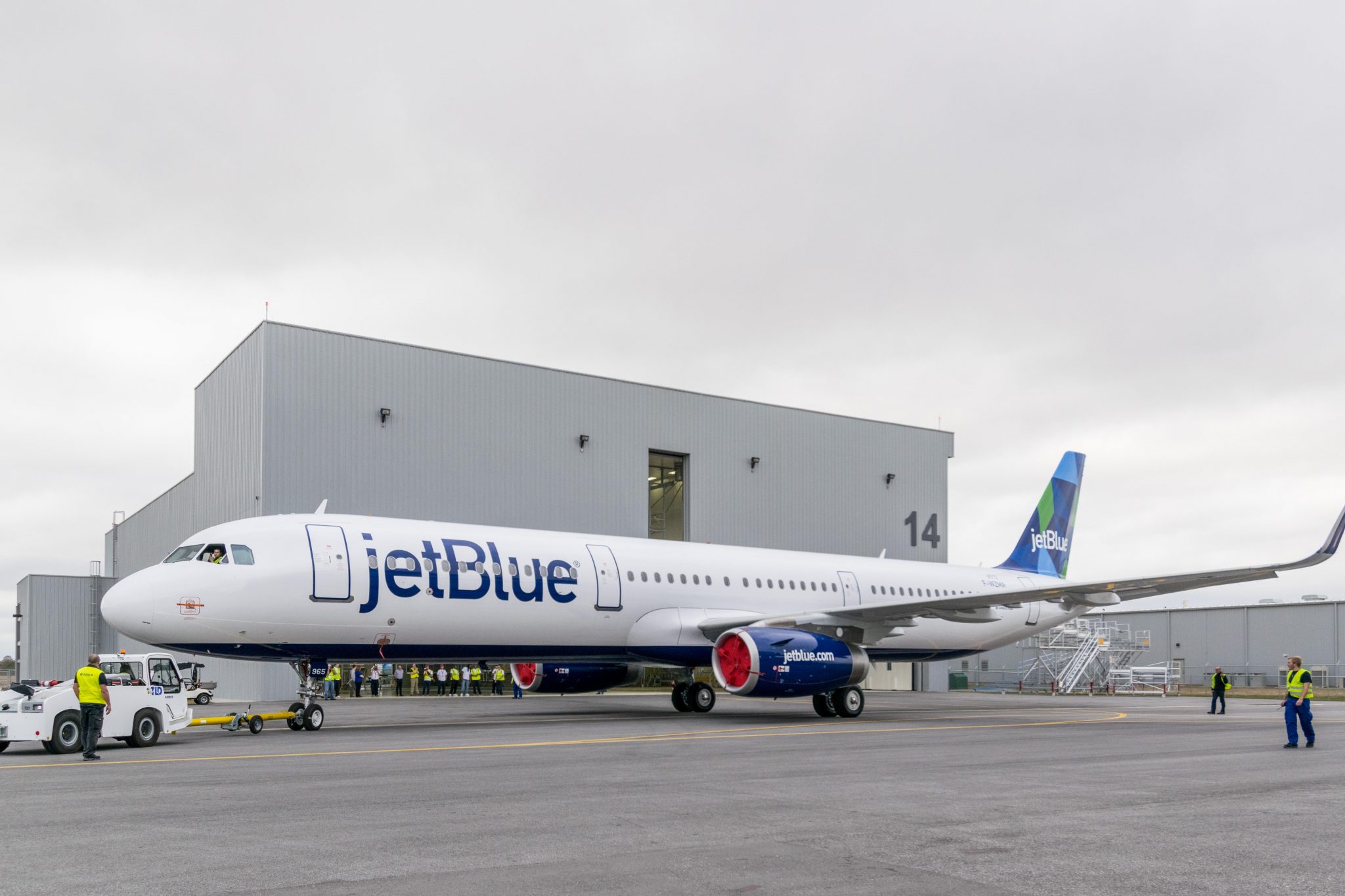JetBlue’s first quarter revenue is “performing below expectations” due to the company “experiencing demand choppiness” due to “mixed macroeconomic” factors, according to its SEC filing on March 11, 2025.
As a result, JetBlue said it has reduced capacity in March and April, focussing on off peak adjustments.
“Having a low cost structure is essential for JetBlue,” said the airline's CEO Joanna Geraghty. “We have to maintain a lower cost structure than the legacy carriers who enable us to thrive in the markets where we compete against them.” Geraghty later said during the conference that the company has “less tolerance for underperforming routes”.
She continued: “When you're not growing, and every single plane needs to be productive, you've got to have a high threshold for where you fly… we're very focussed on being more dynamic now to get JetBlue back to profitability. We cannot rest on our laurels anymore.” She further added that the company had “froze the network” last year as its now-failed merger with Spirit was undergoing in order to avoid “potentially undermining the legal arguments” supporting its acquisition. The Spirit merger was cancelled just over a year ago in early March 2024.
In addition, JetBlue said it “faced more weather-related disruptions” compared to 2024 in the first two months of this year.
“While this impacted completion factor in the quarter, the company’s continued focus on operational reliability helped offset the potential impact of significant disruption costs,” JetBlue read in a statement.
First quarter capacity is expected to be down 4-5%, compared to previous estimate of down 2-5%. Revenue per available seat mile (RASM) remains unchanged in the quarter at around a negative 0.5% to an increase of 3.5% in the period.
Fuel costs are expected to be $2.55-2.65 per gallon, as opposed to previous guidance of $2.65 to $2.80 per gallon. Capital expenditures for the quarter are expected to be around $215 million, as opposed to around $270 million in its previous guidance.
The company said demand for peak periods “remains healthy” and the airline is “pleased by the progress” of its JetForward strategy. The initiative is targeting a $800 to $900 million incremental EBIT through 2027.
Geraghty added that the company is launching a larger cost transformation programme through 2025. “We expect to capture an incremental $200 million EBIT, assuming a macro backdrop that is stable, from JetForward.”
The company's CFO Ursula Hurley said the company has “no need at the moment” for additional liquidity after it raised $2.75bn last year through its loyalty programme.
Hurley added: “Obviously, we're watching the environment, which continues to be pretty fluid. If we need liquidity — if we do end up in a recession — what gives me a lot of comfort is we've got over $5bn of unencumbered assets. About a third of that is good, healthy aircraft and engine collateral. We could tap incremental loyalty. But we also have our slots, gates and routes, and our brand. The unencumbered asset base gives me a lot of comfort if we do head into a recessionary period.”
Hurley further added that when looking at the risk of recession, the company could “weather this a lot better than previous recessions”, pointing to the company's strong balance sheet and its multiyear strategy supporting it through a “depressed environment”.

